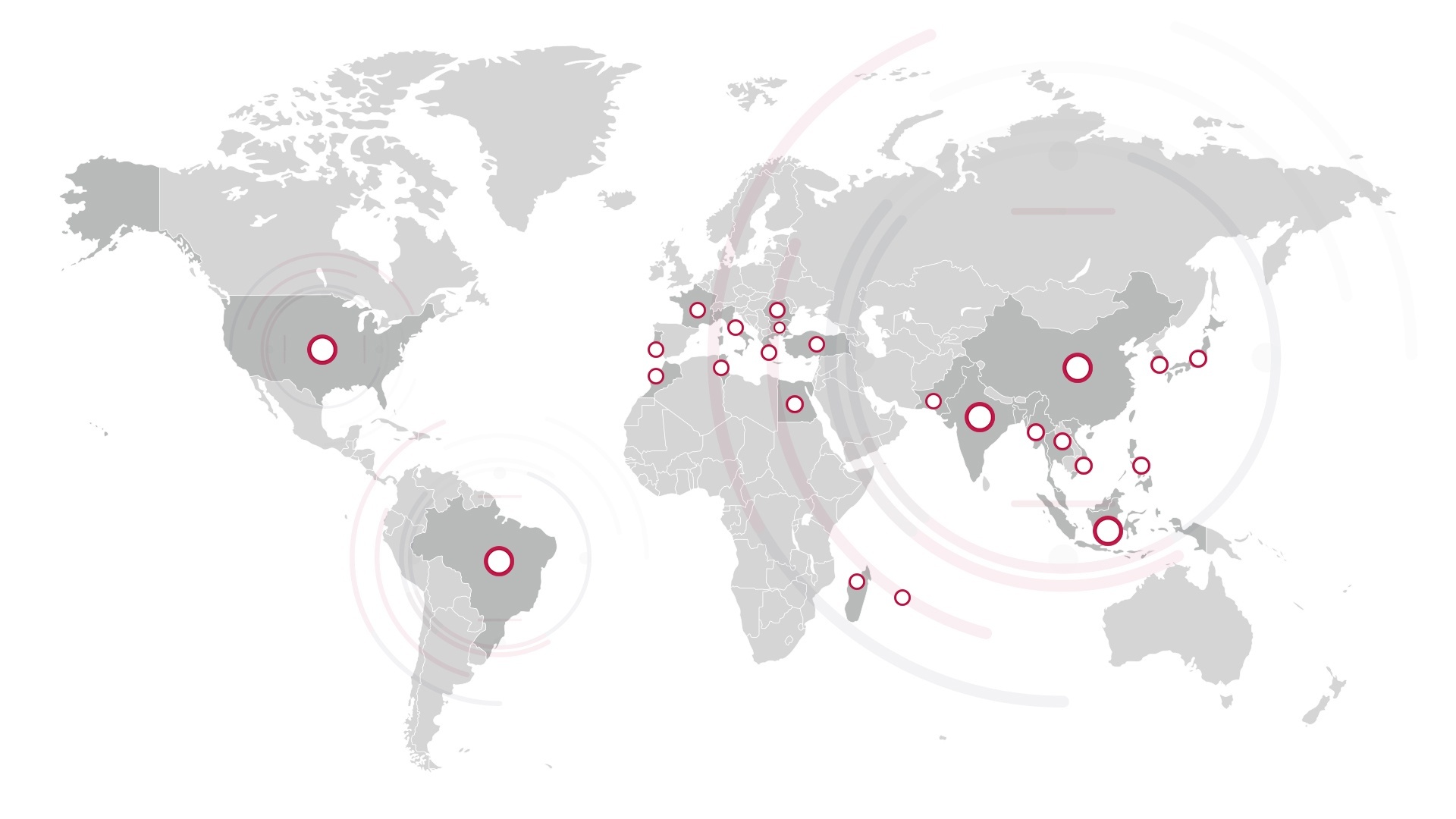As fashion brands and retailers explore ways to make fashion more sustainable, other issues are emerging. On top of tracing and verifying the use of recycled materials in their products, brands should look at the broader picture that reaches into areas such as their environmental footprint, chemical management, and more. To stay ahead in the sustainability sphere, it’s critical to be able to show that your product in its entirety is safe and sustainable from origin to end, with reliable proof to certify that every single element is what your brand says it is.
The sum of many parts
Even if the recycled materials make up the bulk of a fashion item, other elements in the garment might not be recycled, like other fabrics and embellishments. This is where it is essential to have a clear understanding of your brand’s goals and objectives. What is the purpose behind using recycled materials? What do you want to achieve? If you’re aiming at 100 percent recycled content, all these additional elements need to be considered. The list can also keep growing – what about the product labels and packaging?
The picture expands even further when moving from the product to the processes involved. What about the methods used, the dyes, the chemicals? Are they having a positive impact and contributing to your brand’s sustainability quest? Taking steps such as an onsite evaluation will ensure that everything is being made the right way and can answer these critical questions.
Beware of greenwashing
As many fashion brands and retailers aspire to become more transparent, the offer of recycled materials remains lower than the demand today. Manufacturers are not always able to meet the need for more recycled materials and sustainable processes. This can have a ‘boomerang effect’, leading to a lack of transparency from some suppliers in their material use and processes.
Look for hidden chemicals
The associated risks of using recycled materials continue into areas like chemicals because we don’t always know where the recycled materials originate or what impurities may lie within. Most clothing today is processed with chemicals to give them properties like a soft feel or an antimicrobial finish, and when those materials are recycled, the substances may pass through to the next material.
Engage the support of an expert
The support of an expert is essential to ensure you are bringing to the market safe and environmentally responsible products. At SgT, our technical and environmental experts adapt to our clients’ specific needs and propose solutions in line with the complexity of their supply chains and their objectives across the lifecycle of each product, including:
- Environmental and chemical audits
- Chemical risk assessments and management
- Chemical inventory
- And lots more.
SgT’s product sustainability and traceability solutions evaluate elements such as the environmental lifecycle, product carbon footprint, recycled polyester verification and validation, organic cotton traceability, and so on, helping to minimize risk. To learn more, please contact one of our experts.
{{cta(‘9dcf83c5-a8c3-4b79-9233-dc2599511852′,’justifycenter’)}}



